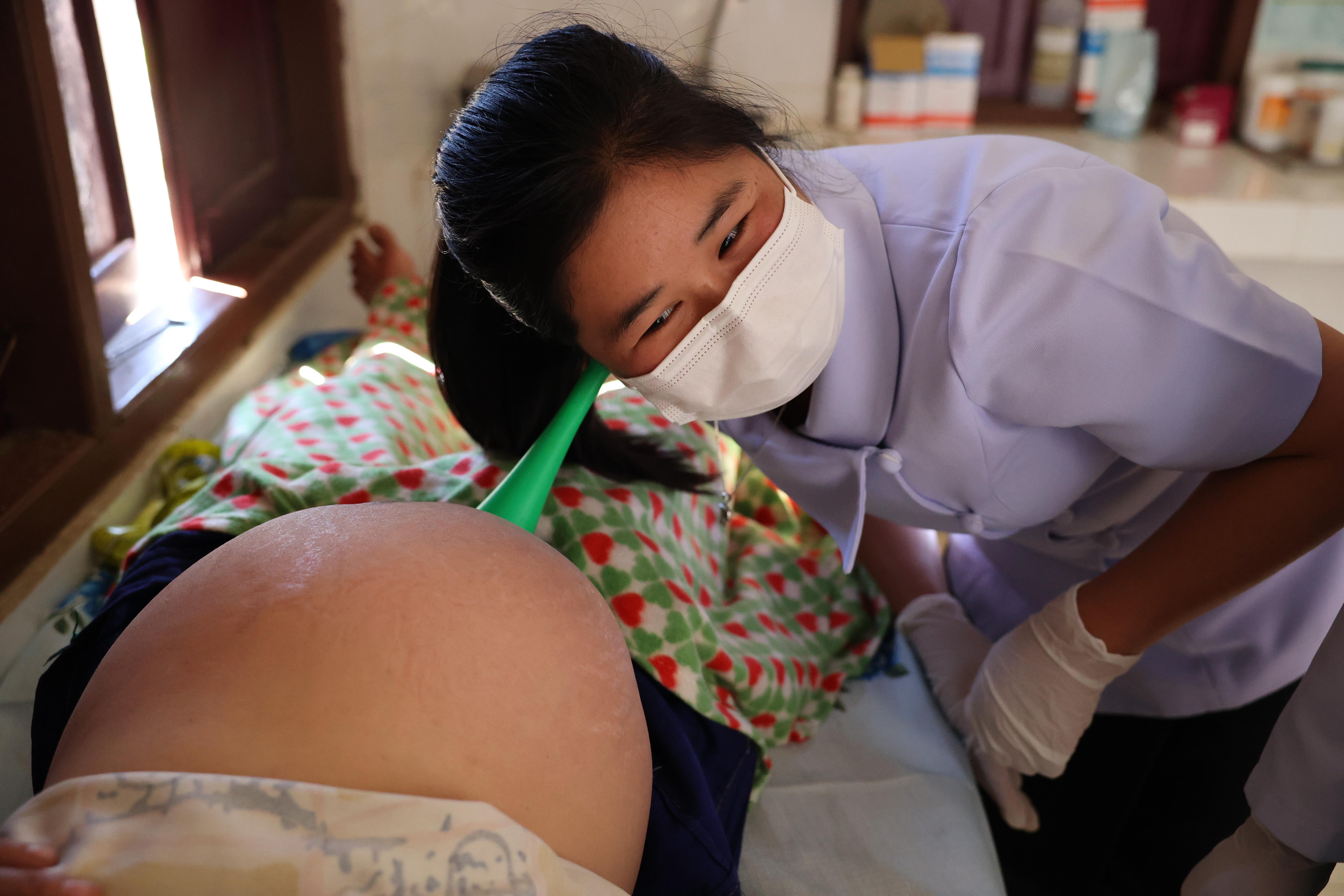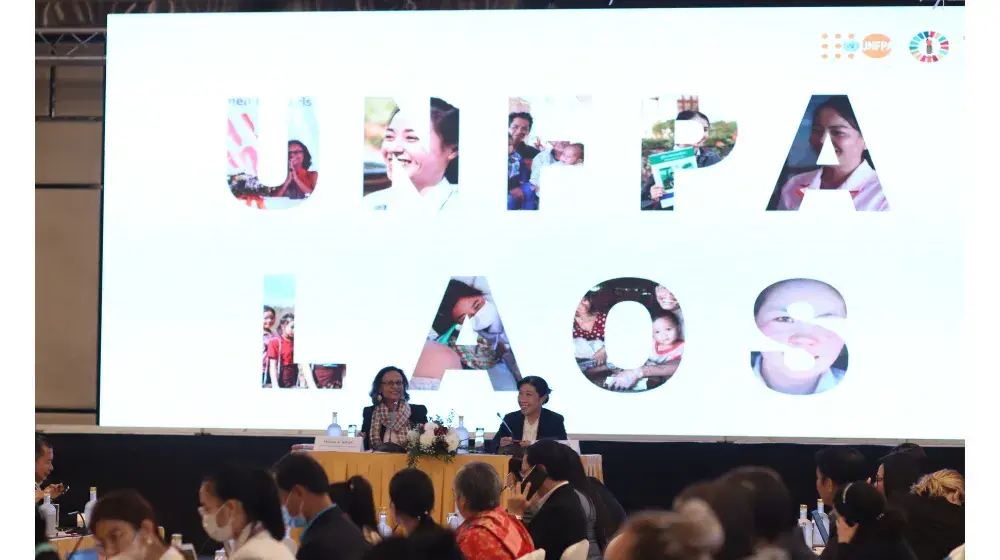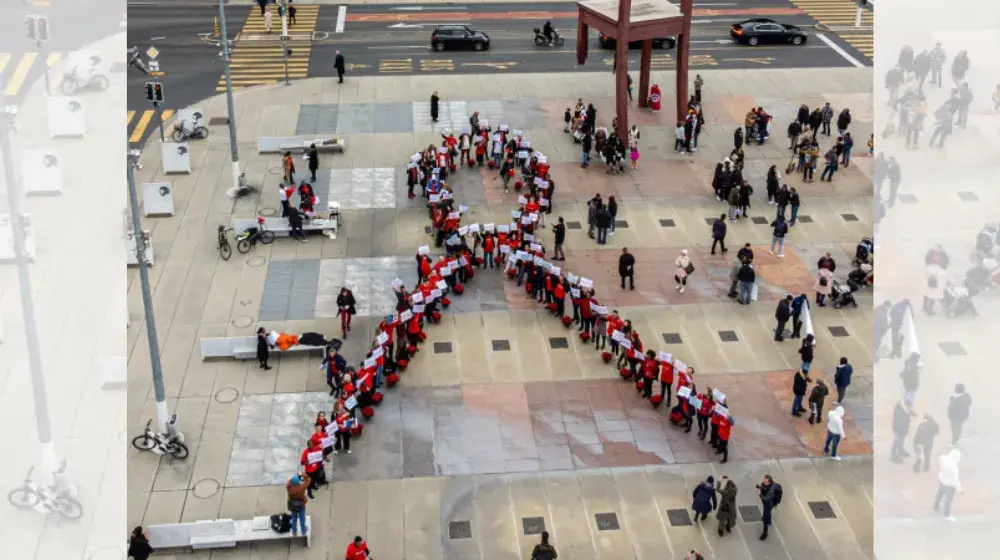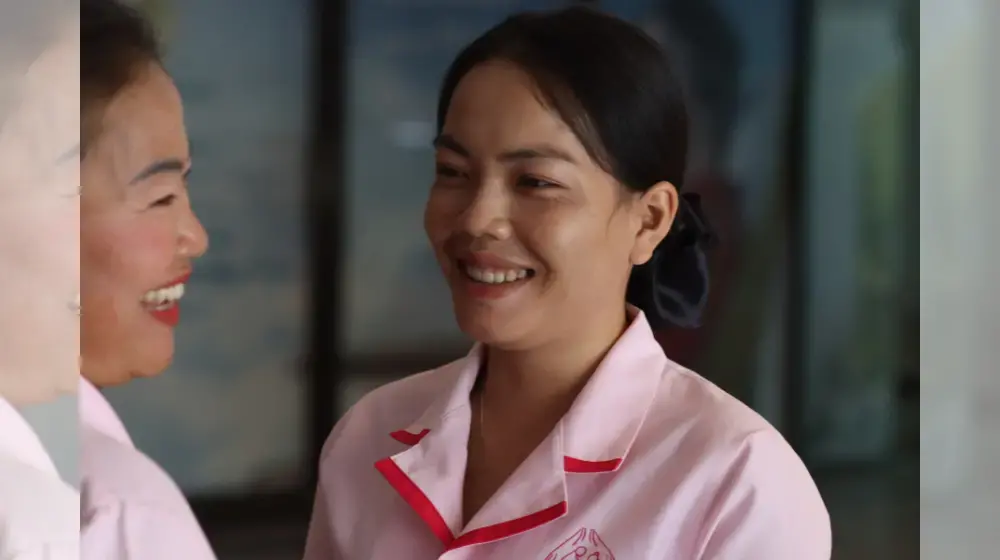A story from UN COVID-19 Response and Recovery Multi-Partner Trust Fund.
Supported by the UN COVID-19 Response and Recovery Multi-Partner Trust Fund, the technical assistance led by UNFPA and UNAIDS, and UNICEF in maintaining essential health services during COVID-19 crisis has been a crucial element to the Lao PDR response. One key element has been the pilot aimed at introducing tele-health capabilities at the sub-national level, enabling all people flexible and responsive healthcare even in times of isolation or where remote access limits direct face to face services. The pilot was designed to enable pregnant and lactating mothers to safely access health services and information, whilst also ensuring that people living with HIV could gain access to lifesaving medication and healthcare information.
Ms. Khekko Saysanadeth, Head of Phakeng Health Center, Phoukhoun district, Luang Prabang province shared that “We gained new knowledge through trainings and received the necessary equipment and supplies, such as hand sanitizer, sterilizing supplies and communication equipment including loudspeakers and mobile phones to follow up on maternal and child health. After the training, we practice social distancing and set up the screening point and hand wash sinks in our center. We continue to maintain infection prevention and control and encourage visitors to wash their hands.”
The technology now exists in Lao PDR for all sectors to consider how they can best deliver services to communities. This innovative approach is part of the programme to maintain essential reproductive, maternal, newborn, child and adolescent health services. The pilot provided some positive results and the health providers consider the tele-health capabilities as an effective and efficient way to provide care, especially in Phonthong district where access is often difficult, also without the COVID-19 pandemic. It is very useful for patients to get immediate assistance or a referral as needed and for health care providers to develop knowledge and skills with regard to early detection of at-risk pregnancies and children with danger signs. To date, 1,762 pregnant women have received telehealth consultations for ante- and postnatal care and 35,988 women have received adapted essential reproductive services.
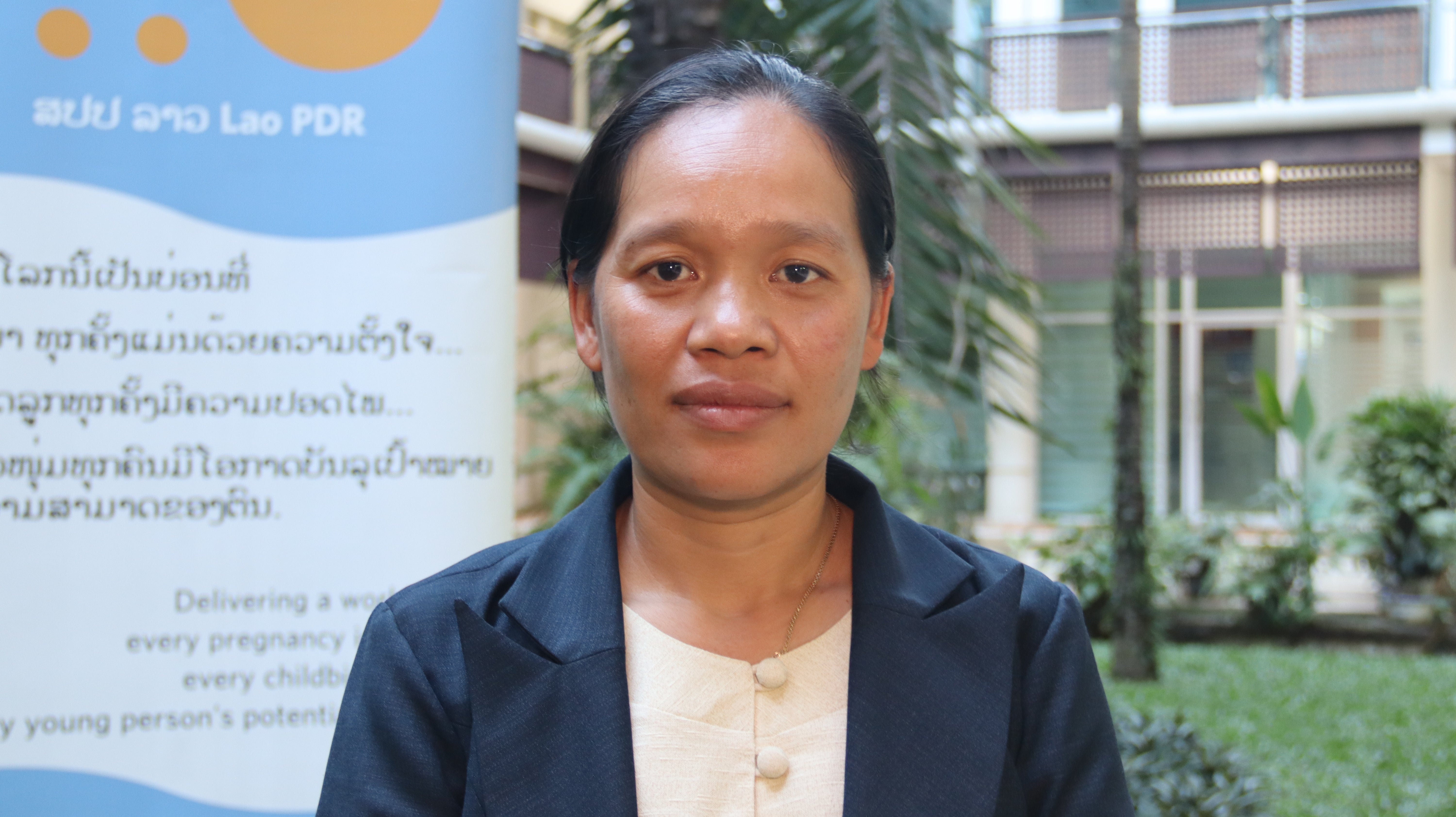
Photo | UNFPA Lao PDR
Ms. Khekko Saysanadeth added: “We make video calls and regular calls to mothers after birth and to pregnant women so they can ask questions and check in with the clinic staff, even when it is impossible to travel. If we cannot contact them, we make a call to village authorities to make an appointment to follow up on their pregnancy progress or breastfeeding after birth. The telehealth is an effective way to maintain contact with mothers and children to ensure their safety.”
The tele-health consultation for antenatal and postnatal care
Whilst the telehealth service is highly appreciated by both health care providers and their patients, some barriers remain including the limited telecommunication networks in remote areas and language barriers when working closely with ethnic groups like Hmong or Khmu. Hence, where internet is not available, care can still be provided over landlines and through village health volunteers or husbands to translate where there is a language problem.
To further test telehealth services, the pilot has been integrated into the Reproductive, Maternal, Newborn, Child and Adolescent Health Plan of Action 2021 to enable another five provincial areas, including Savannakhet, Bolikhamxai, Bokeo, Champasack and Oudomxai, to receive appropriate trainings and resources and commence implementation. The telehealth function has also been recommended to continue as part of the routine health services beyond the COVID-19 pandemic, especially during seasonal flooding when women might become isolated.
For people living with HIV, access to care was improved through the support of two Civil Society Organizations. Approximately 1,000 people living with HIV in Lao PDR were supported to receive their regular antiretroviral medication (ARVs) via three dispensing modalities to reduce the crowding at clinics and ensure those in remote locations could still access medication during provincial border closures, including fast track, individual and group modalities. People living with HIV could receive their medication in group distributions, utilizing local networks or by working with providers to ensure fast-tracked and early orders could be delivered ahead of any COVID-19 outbreak.
A community guideline to provide telehealth services for people living with HIV in 11 ARV therapy sites was also developed. Approximately 50 participants including people living with HIV peers, nurses and doctors working in the treatment sites received the training on the guideline to provide remote support on ARV medication uptake and adherence, care and psychosocial support during the pandemic. The participants were trained on the techniques for provision of telehealth services, including providing updated messages on the COVID-19 situation and latest healthcare information for targeted groups.
Ms. Daovone Outhaivong, a volunteer from Luang Prabang province, shared that “Before the pandemic, all patients came to get the antiretroviral medication themselves. But during the lockdown, this was not possible with the border closures. We have around 30 patients who were mainly from disadvantaged and low-income groups and live far away from Luang Prabang town. So to make sure they all received their medication, we delivered the medication to them using motorbikes and local couriers. After the lockdown, we continue to provide information and knowledge to prevent COVID-19 transmission. We also received a training on how to provide tele-health services to targeted groups and I found it very useful”.jj
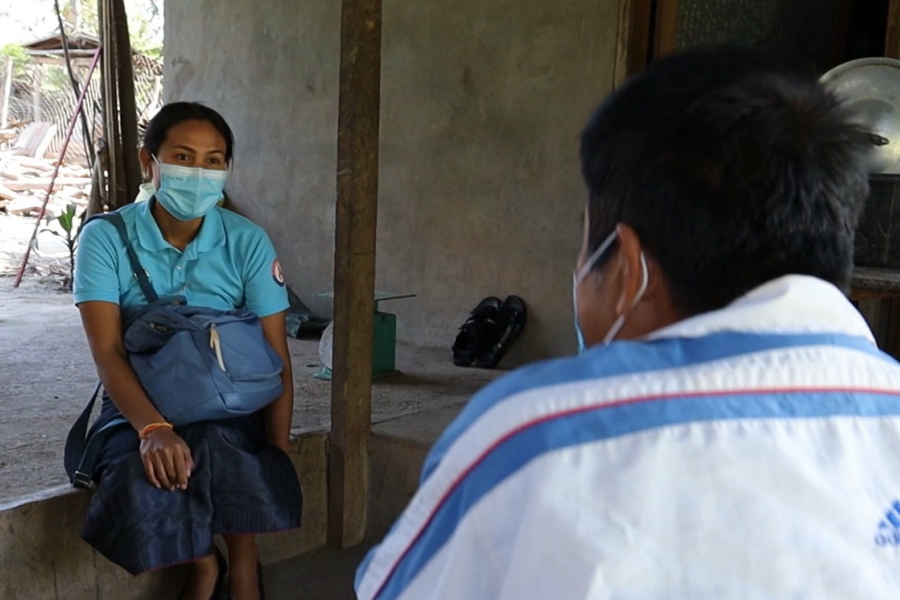
Photo | UNAIDS Lao PDR
“The project took a sustainable approach, building ownership and fostering innovation. Local actors were supported to plan actions based on global good practice. National capacities built under this project maintained and increased in some cases essential health services such as ante- and postnatal care, despite the COVID-19 crisis. Based on the findings, the practices will progressively be scaled up to expand healthcare services to the most vulnerable populations throughout the country.” said Ms Mariam A. Khan, UNFPA Representative
************
UNFPA, the UN's sexual and reproductive health agency, works in over 150 countries including Lao PDR, to achieve zero maternal deaths, zero unmet need for family planning and zero gender-based
For more information please contact:
Miss Phetmany Viyadeth,
National Communication Consultant UNFPA Lao PDR
Email: viyadeth@unfpa.org

